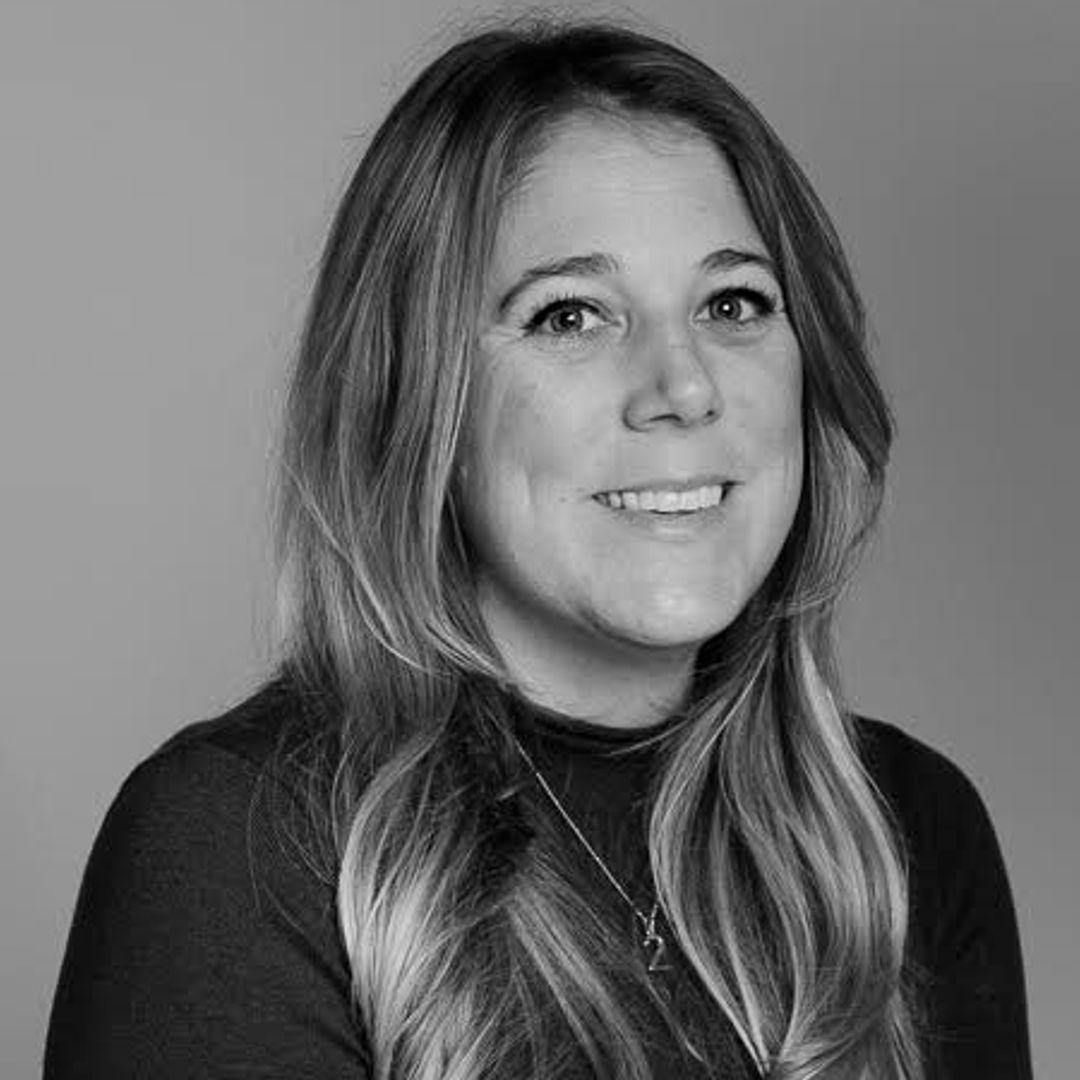Each day, psychologist Dr. Lalitaa Suglani shares her stellar advice for living with and overcoming anxiety with her 157,000 (and counting!) Instagram followers.
As someone with high-functioning anxiety (HFA) herself, Dr. Lalitaa is the perfect person to offer wisdom when it comes to coping – and recognising - if you're struggling with HFA.
While many of us are contending with HFA on a daily basis, we may not realise it, according to Dr. Lalitaa. We feel like we're on top of everything, acing our careers and personal life, but she notes that this could be a sign of HFA itself, explaining that people pleasing and perfectionism are common traits of someone with high-functioning anxiety.
Why? "When we focus on pleasing others, we don't show up as our authentic selves, meaning we're forever putting on an act, which can leave us feeling burnt out and exhausted," she says.
"If we're high achieving people pleasers, no one really sees the true version of us," Dr. Lalitaa continues. "We hide the true version of ourselves, who is overthinking and worrying about things - so people don't see that side, menaing we're exhausted from having to be happy all the time.
"When we're pretending we're fine and chirpy, we don't show up authentically. Masking who we really are is in art, but it means we're disconnected from who we really are – causing anxiety."
Read on for an exclusive extract from Dr. Lalitaa's new book, High Functioning Anxiety, for an in-depth explainer…
What is high-functioning anxiety?
HFA is not the same as debilitating anxiety, which is generally defined as anxiety that's severe enough to shut us down to the point where we're no longer capable of working, looking after ourselves, or maintaining relationships.
People with HFA, people like me, experience the symptoms of their anxiety internally, while still managing their external life effectively. We show the world what we think of as our 'good' side and keep our 'real' side – the anxious one that we don't want others to see – hidden.
According to the USA's National Health Institute of Mental Health, an estimated 31 percent of adults experience an anxiety disorder at some time in their lives, while in the UK, in 2022/23, an average of 37 percent of women and 30 percent of men reported high levels of anxiety.
It's likely that a sizeable proportion of these people with an anxiety disorder suffer with high-functioning anxiety, but despite this, HFA is not currently a recognised anxiety disorder. While it's argued that this is because sufferers tend to function reasonably well in their daily lives, the effects of HFA can be extreme, affecting quality of life and causing intense feelings of loneliness and disconnection.
Not feeling good enough
HFA is rooted in feelings of not being 'good enough.'
READ: Is this the reason we're all so exhausted right now?
People with HFA often appear competent and accomplished, but internally, they experience intense worry, self-doubt, and fear of failure. As a result, they often hold themselves to incredibly high standards and constantly strive for perfection in various aspects of their lives.
We're often the ones who show up to get things done and make sure everyone else is okay. We look as if we have it all together and are strong and organised, but on the inside, it's a different story –one that no one else gets to see.
This fear of not being good enough can drive those of us with HFA to overachieve and excel in a bid to prove our worth via external validation. We fear judgment, and resist saying no to others or letting them down; we may think this is the only way to be accepted and loved by others. However, despite our achievements, we may still feel inadequate and harbour an underlying sense that we don't measure up. Or believe, deep down, that there’s something wrong with us.
This fear of not being good enough can become a constant source of stress and anxiety and lead to a behaviour pattern of overworking, overthinking, and self-criticism.
ADVICE: I'm ridiculously indecisive – but this 5-minute trick overhauled my decision-making
As a psychologist, one of the interesting, yet perplexing, things I've found is that, while many of the people I meet can relate to the concept of high-functioning anxiety, they don't fully understand its underlying causes. In fact, they often insist that they feel sufficiently worthy in their lives.
However, it's crucial to understand that, while you may consider yourself to be a confident and contented adult, it doesn't necessarily mean that your actions are free from fear-based motivations – you just might not be able to see it.
Often, core issues remain hidden deep in our subconscious while we just scratch at the surface of our self-awareness.
HELP: Try this 1-minute hack to instantly calm down
Right now, you might be thinking, 'Why explore all this if I'm happy the way I am?' My answer: because HFA stops us from truly living life to the full. It limits us and makes us play safe, hiding parts of ourselves from the world. HFA is rooted in fear: the fear of other people seeing the 'real' us – yet our internal battle is with ourselves, not others.
Eventually, we reach a point where we become fed up with living in a constant state of hidden anxiety – I can tell you from my own experience that it's a lonely and exhausting place to be. We realise that we have no option other than to look at the cause of our anxiety – and we find that the cause is the very thing we’ve been running away from












